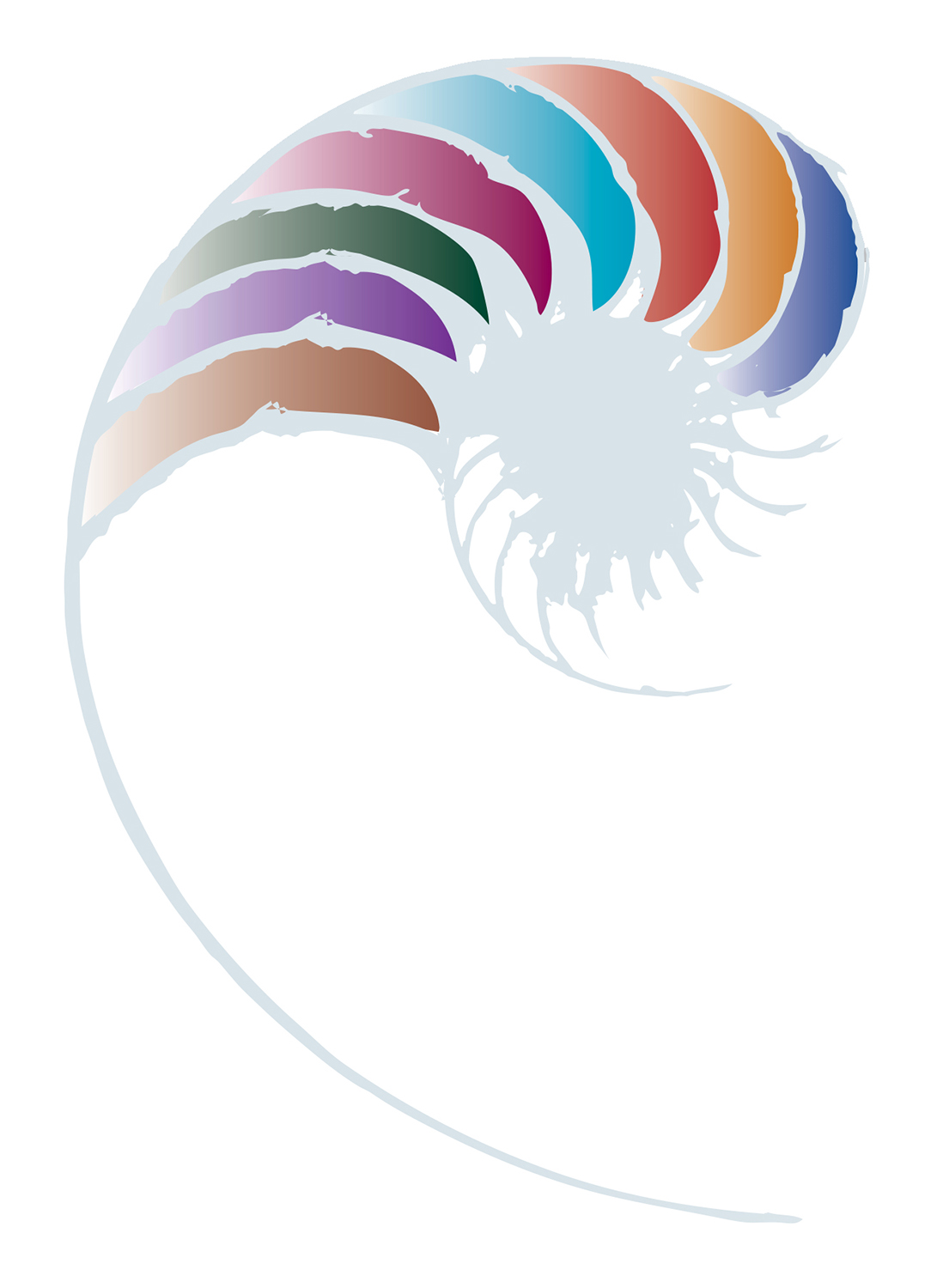Te huritao me te pakirehua i te ako i te reo ā-waha
Reflection and inquiry about oral language
This resource helps kaiako with their reflection and inquiry about the ways they support children's oral language development, including through whole-team inquiry, professional learning, and support networks. This is part of the Talking together, Te kōrerorero suite of resources. See the resource carousel below for more.

Reflection and inquiry both support kaiako professional learning and contribute to improved learning outcomes for tamariki. Te Whāriki describes the key responsibilities of kaiako. One of these is for kaiako to be, “thoughtful and reflective about what they do, using evidence, critical inquiry, and problem solving to shape their practice.” (Te Whāriki, p. 59)
Reflective kaiako critically examine their thinking, attitudes, values, and practices, and they learn from experience. Through inquiry, they use multiple sources of evidence to inform changes to their practice aimed at improvement.
Bringing a reflective, inquiring frame of mind to assessment, internal evaluation, and curriculum planning is vital. It allows you to draw together evidence, experience, critical thinking, and knowledge about effective, inclusive pedagogies to develop and trial approaches and evaluate progress.
Self-assessment tool
See the Materials that come with this resource at the end of the page to download the Te kōrerorero, Talking together self-assessment tool in te reo Māori or English. (.pdf)
The self-assessment tool supports team and individual internal evaluation that is based on the understandings and strategies unpacked in Te kōrerorero, Talking together.
Use the tool to examine your team’s practice and the degree to which it includes effective, evidence-based strategies that foster language learning and development. You can also use the tool to reflect on your individual practice, ideally in collaboration with a colleague.
- Whole-team inquiry questions
- Planning professional learning
- Support networks
Here are some questions to consider about the progression of oral language learning:
- What are our intentional teaching strategies to support children’s oral language progress?
- What do recent assessments tell us about the progress of individuals and groups of children in our service?
- What further information do we need to better understand the different language needs of infants, toddlers, and young children? Refer to the ‘Stepping stones in oral language’ and ‘Understanding bilingual and multilingual language learning pathways’ sections of Te kōrerorero, Talking together.
- What are we doing for those children who need more support in communication?
- What opportunities are there for us to develop and articulate a shared understanding about children’s progress in language and communication?
- How can we better make use of relevant Te kōrerorero, Talking together ‘Talk tools’ as a teaching team? Which strategies will we focus on? When and with which groups of children or individuals?
He Māpuna te Tamaiti: Supporting social and emotional competence in early learning, pages 93-95. A downloadable PDF of He Māpuna te Tamaiti is available at this page to download.
Ball, C. E. (2012) Master's thesis. The richness diversity brings: Diverse languages and literacies in early childhood education. Auckland: Auckland University of Technology.
Tātaiako: Cultural capabilities for teachers of Māori ākonga
Tātaiako is a Teaching Council | Matatū Aotearoa resource to support teachers to develop cultural competence to successfully teach Māori learners.
This resource links to information and resources about learning contexts and approaches that support Pacific learners.
Kua kite rānui koe?
About this resource
This resource helps kaiako with reflective practice in supporting tamariki oral language development. You can use the Self-Assessment Tool to reflect on practice in relation to oral language development. This resource is part of the Talking together, Te kōrerorero suite of resources. See the resource carousel above for more.












